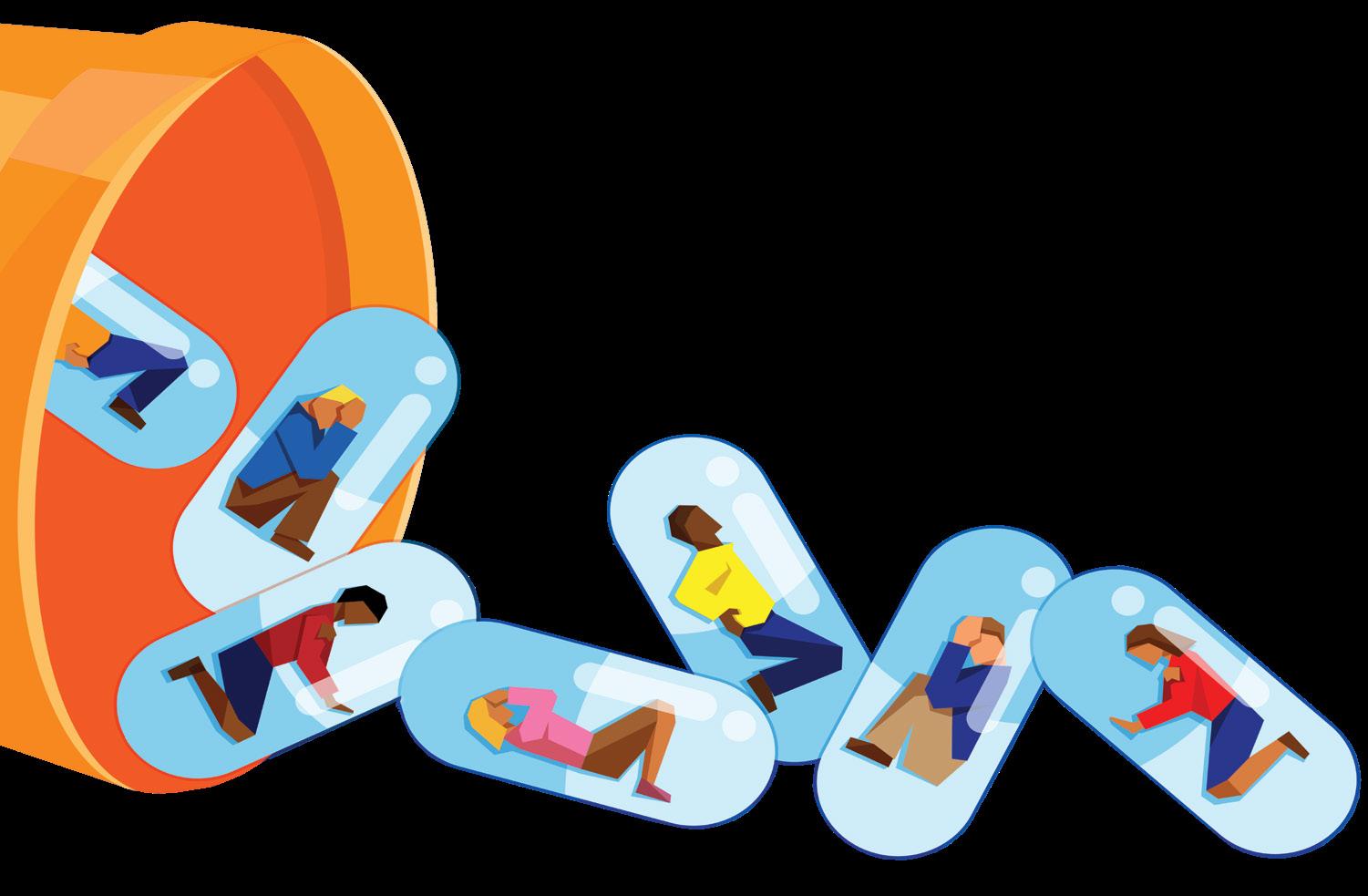
1 minute read
TALKING TO PATIENTS ABOUT CODEINE
Because codeine can also cause euphoriant effects, which reinforce continued use, it poses a risk of developing tolerance and eventually dependence.
When a patient complaining of pain specifically requests codeine it’s advisable to ask a few questions, not just about the pain they want to treat, but also why they’d prefer codeine?
Advertisement
STARTING THE CONVERSATION
• What have you tried for your pain in the past?
• Over the counter (OTC) codeine-containing medicines have been used in the past for the self-treatment of chronic pain problems. However, they can have serious and potentially life-threatening side effects and are not first-line in treating chronic pain, so we don’t always prescribe them.
• Sometimes long-term pain may indicate an underlying problem. Can you tell me more about your pain? How long have you had the pain for? Can you describe the pain you are experiencing (dull, sharp, tingling etc.)?
POSSIBLE RESPONSES WHEN CODEINE DEPENDENCY IS SUSPECTED
• How long have you used this medicine? Did you get it from the pharmacy, was it prescribed or did someone else give it to you?
• I am concerned about your health. A request like this can sometimes be a sign of dependence on the medicine. How much are you taking?
• Pain medicines with codeine only provide a short-term benefit. If your pain is worse when you don’t take them, it may be because you have become dependent on them. Using other medicines or non-drug methods have been shown to have better long-term benefits.
• I am concerned that providing ongoing medicine is not good for your overall health. I suggest that we trial a graduated withdrawal program, or I can refer you to a specialist?

GENERAL TIPS
• Asking open ended questions about pain will help with your assessment.
• You will need to perform a comprehensive clinical assessment of the person’s pain rather than just treating the pain as a symptom.
• Don’t assume that if someone asks you to assist them with pain that they are looking for pain tablets. Explore other options such as physiotherapy, massage, acupuncture, exercise, lifestyle changes, and active selfcare management.






